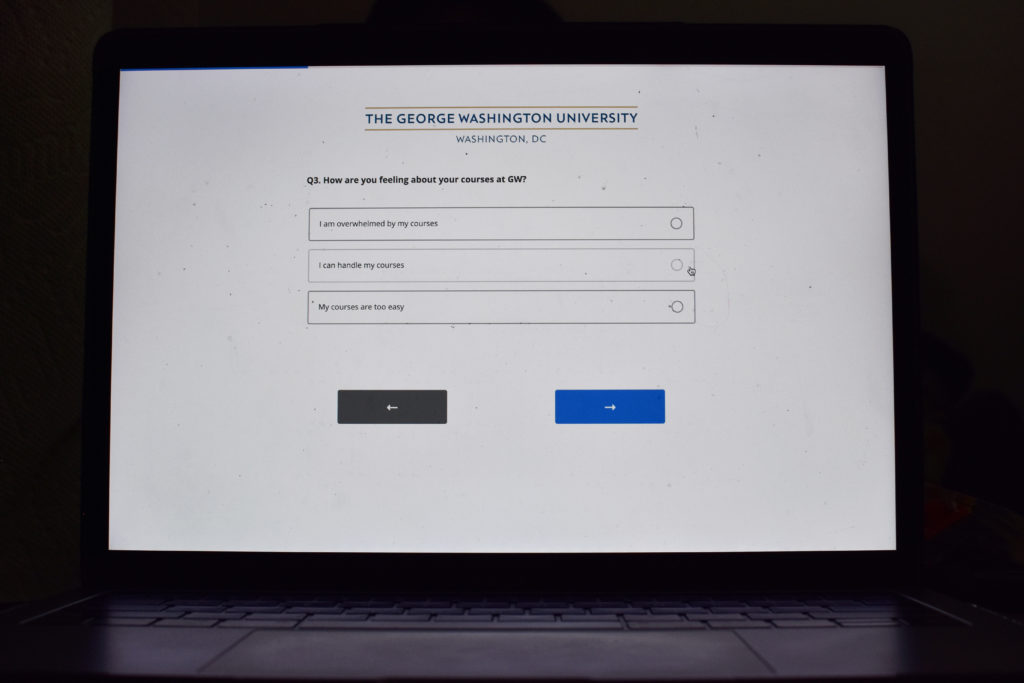Officials are trying to figure out what services they could improve or provide for students in their second year at the University.
Sophomores received a survey last week asking them to answer seven questions about their well-being, academics and campus involvement. Officials said the survey will help “benchmark” data that could be used to better support sophomores, who often experience the same academic and social issues as first-year students.
Georgette Edmondson-Wright, the associate vice provost for student success, said the survey, which will close in mid-March, is a “quick check-in” that will provide officials with information about students’ well-being, academic engagement and involvement. She said officials will use the results of the survey to provide outreach for students “of concern.”
University data shows that sophomores experience similar academic and social challenges to freshmen. The survey can help officials learn more about their needs and connect with students who may need support, she said.
The survey also asks whether students have adjusted to their classwork and if they seek academic help for classes. At the end of the survey, students are asked whether they see themselves staying at GW through graduation.
“The data collected from this survey, coupled with other existing student data, will help improve student persistence and the student experience overall, to ensure that students receive the support that they need to be successful at GW,” she said in an email.
Officials are currently determining ways to share the results of the survey with the rest of GW, she said. Edmondson-Wright declined to say how many students have responded to the survey so far.
The survey comes as GW has concentrated efforts to improve the first-year experience. Officials gave freshmen tap access to all first-year residence halls last semester and debuted a program earlier this semester that connects freshmen with free events around the District.
Officials are also planning to renovate Thurston Hall, the long-loathed largest freshman residence hall. The freshman retention rate stood at 92.9 percent this year, the highest since 2010.
Student affairs experts said that as officials focus on resources that help first-year students acclimate to campus, the survey could check in on the needs of returning students to ensure they want to stay at GW.
Darnell Cole, an associate professor of education at the University of Southern California’s Rossier School of Education, said students sometimes experience a “sophomore slump” because they could lose the excitement they may have had when they first arrived on campus.
Sophomore year is also a reality check for students who have not yet decided their major or figured out whether they want to live on or off campus the following year, Cole said.
“Now you’re transitioned from high school, you’re not a new college student anymore and so now it’s time to figure out, ‘What I need to be serious about, where do I need to redirect my efforts?’” he said.
Kevin Kruger, the president of NASPA, Student Affairs Administrators in Higher Education, said the survey could help officials determine how to improve their sophomore retention rate. He added that the results will help administrators identify pain points to improve, like academic support or career services.
“The survey is just an example of trying to get a better sense of what’s happening with students, so, in a large campus like GW, people don’t slip through the cracks,” Kruger said.
David Vintinner, the executive director of institutional research at New York University, said the sophomore class is the “right group” of students to ask about campus life because they have had a full year of experience in college and have likely found their place on campus.
“What sophomores are reporting about is their entire student experience at this point,” he said. “This is the right time to ask.”
Kelly Hooper contributed reporting.





